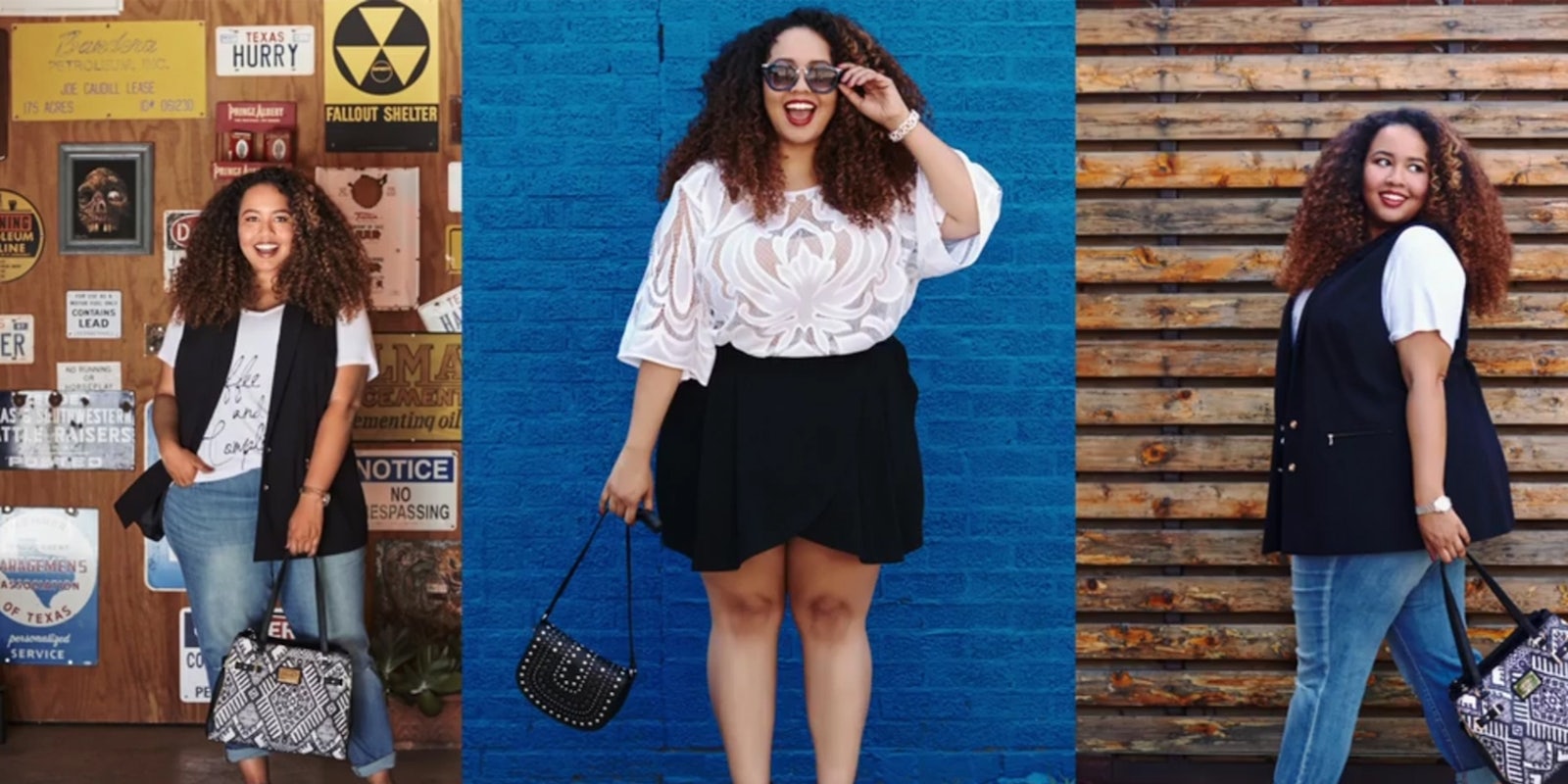To launch its new plus-size clothing line designed by Project Runway winner Ashley Nell Tipton, JCPenney rolled out a new ad campaign focused on body positivity. The video for #HereIAm includes artists and internet personalities Valerie Sagun, Mary Lambert, Gabi Fresh, and Jes Baker.
And if you like women and like the idea of women accepting all of themselves, then you will probably love this video.
When it opens, Baker, author of Things No One Will Tell Fat Girls, asks, “Would my life be better if I were thinner?”
“No,” she decides. “But it would be better if I weren’t treated so poorly because I’m not.”
My first reaction to the #HereIam video😭 I couldn't help my self but cry and imagine how any people this will touch with this video. 😘
— Ashley Nell Tipton (@DesignerANT) June 20, 2016
Each of the women in the video recount their journeys to self-acceptance. Lambert talks about a family member who told her she could never be a singer because she didn’t look the part. Valerie Segun, aka Big Gal Yoga, talks about fighting the stereotype that a person who does yoga has to be thin. At one point, Ashley Nell Tipton begins to cry. “I’ve spent so many years feeling uncomfortable in my own skin,” she says. “It’s time for me to happy and never have to look back.”
You’d have to have a pretty black soul not to feel happy for these woman.
Of course, some people do have black souls. The video is already receiving backlash on Twitter and in the comments section on YouTube, where people accuse JCPenney of trying to normalize the “delusion” that being fat is OK.
https://twitter.com/BlondeSpectre/status/745684893397463040
But the real critique of the video and #HereIAm lies not in the message, but in the corporate underwriting. One could argue that the subtext of the campaign is: Empowerment can be purchased off-the-rack from a department store.
In an essay for New Times York Magazine, Jia Tolentino writes, “Enter the highly marketable ‘women’s empowerment,’ neither practice nor praxis, nor really theory, but a glossy, dizzying product instead. Women’s empowerment borrows the virtuous window-dressing of the social worker’s doctrine and kicks its substance to the side. It’s about pleasure, not power; it’s individualistic and subjective, tailored to insecurity and desire.”
https://twitter.com/Artists_Ali/status/745028178125656064
While the video is peppy and full of beautiful women with a great message, JCPenney probably isn’t on a sole mission to empower women. At the end of the day, corporations are not people and just want to sell clothes to an underrepresented market of women—which you could see as a positive or as a monetization of what businesses/society perceives to be marketable insecurities.
